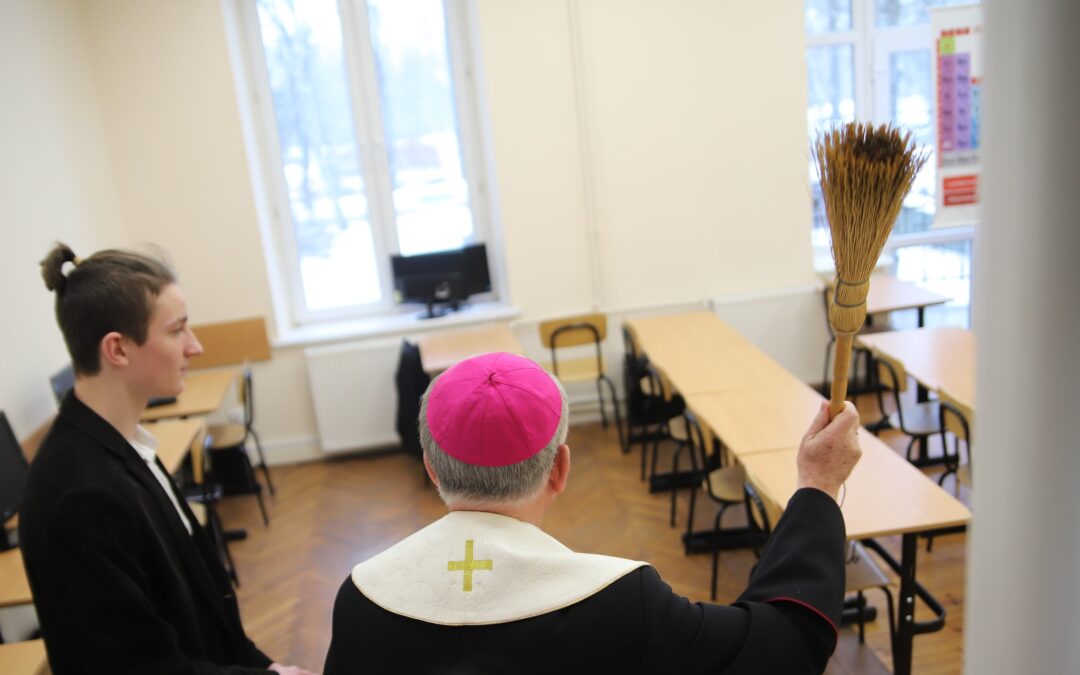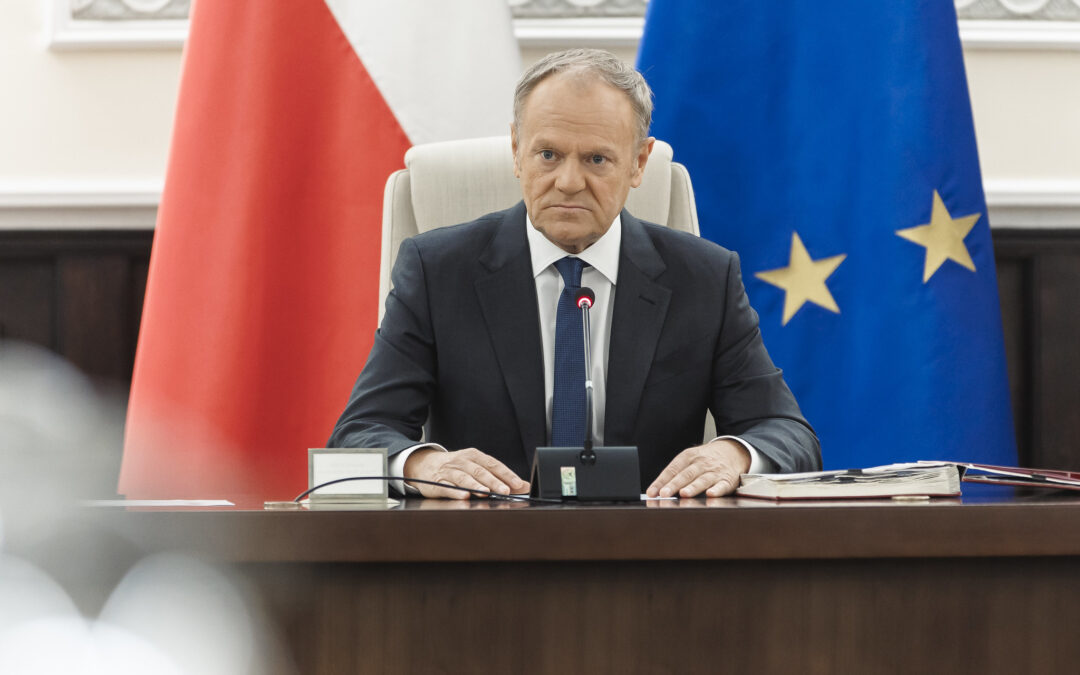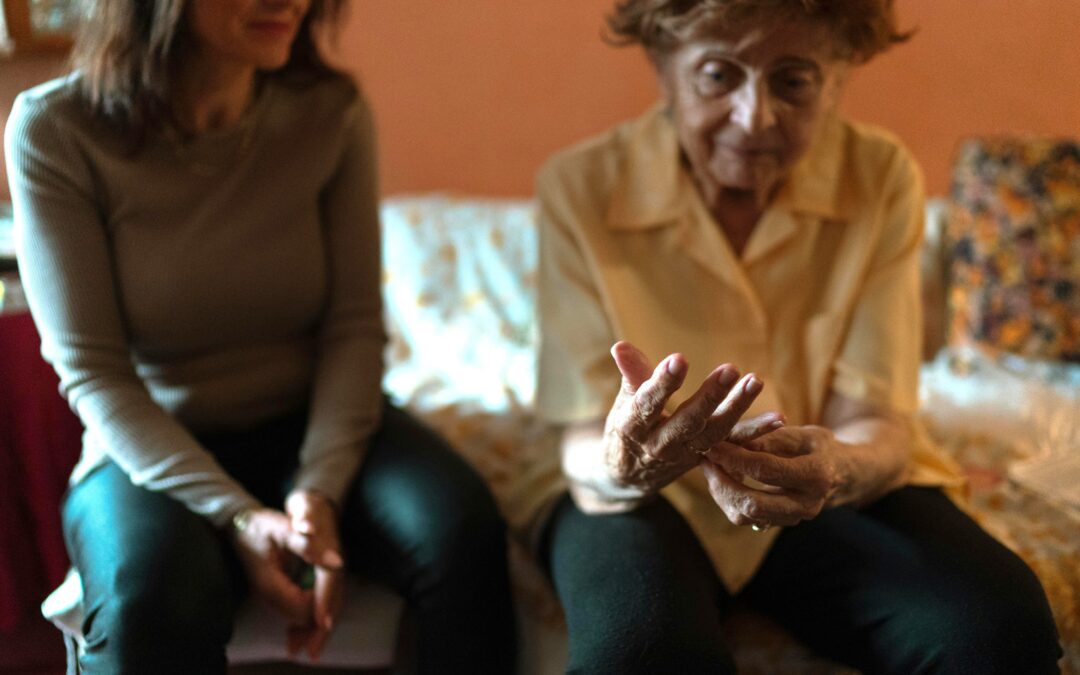Almost half of high school students in Kraków have opted out of Catholic catechism classes, a figure that has risen significantly in recent years, data obtained from schools show.
The findings follow similar evidence from other Polish cities indicating that rapidly growing numbers of pupils are dropping “religion” classes, which are hosted in and funded by Poland’s public education system but with teachers and curriculums chosen by the Catholic church.
In a recent interview, Kraków’s archbishop, Marek Jędraszewski, acknowledged that many children were giving up the subject, which is optional. But he believes “they will miss it and come back”.
Activists from The Left (Lewica), Poland’s second largest opposition party, sent surveys to all high schools in Kraków, asking how many students participate in religion classes, reports Gazeta Wyborcza.
Of the 30 schools, 20 replied, and the data showed that overall almost half of students no longer attend and that the number has been growing steadily in recent years.
In high school XLIII (Polish schools are known by a number), four years ago just 6% of pupils did not attend whereas in the current school year the figure is 60%. In another, X, the proportion rose from 30% to 51% over the same period.
Some schools provided data on numbers of pupils, rather than percentages. In high school XXX, the number not attending Catholic catechism rose from 26 in 2017 to 169 now, and in XLIV it went from 20 to 128 in the same period.
Magda Dropek, one of the Lewica activists, says she believes many students decided to drop religion class after the recent mass protests against a near total ban on abortion and following comments from church officials condemning “LGBT ideology”.
“Young people, for whom diversity is a value, are no longer willing to consent to indoctrination and harassment of the LGBT community during those lessons,” Dropek told Gazeta Wyborcza.
Jędraszewski, Kraków’s archbishop, has called “LGBT ideology” a “plague” and likened it to Nazism and Bolshevism. Earlier this month, a priest apologised after teaching during a religion class in a school near Kraków that homosexuality is an “illness” that can be “treated” with electroshock therapy and surgery.
Recent polling has found, for the first time, that negative attitudes towards the Catholic church among Poles outweighed positive ones. Among those aged 18-29, just 9% held a positive view of the church in one poll, while 47% regarded it negatively.
Last year, a plenary meeting of Poland’s Catholic episcopate was warned that there is a “systematic decline” in attendance of religion classes, and that polling shows Poland to be “number one in the world when it comes to the gap between the faith of parents and that of children”.
In an interview this month for Catholic weekly Niedziela, Jędraszewski admitted that attendance is falling. However, he attributes this to the pandemic, which has “broken many ties” and also caused classes to move online.
“I think that now these young people will miss their catechist, their church – and will return,” he said, but admitted that the church needs to find new ways to reach young people. “The pressure imposed on them to leave the church and the sacraments is tremendous.”
Other big cities have also observed rapidly declining numbers of pupils attending religion classes. Łódź leads the way, with 12,000 students dropping the subject since September, reports Gazeta Wyborcza. In Poznań the number has fallen by 1,600 over the same period.
But in many smaller cities and towns, which are usually more conservative, the majority continue to participate. “At our school only about 20% do not attend Catholic catechism classes,” a director of a high school in Zgierz, a town of 57,000, told Gazeta Wyborcza.
Amid the recent abortion protests – as well as revelations of sex abuse and cover ups of it within the church – Poland has also seen a growing number of apostasies. The Institute for Catholic Church Statistics recently announced that it would investigate the trend.
The debate over whether Catholic catechism classes should be hosted in public schools has grown in recent years. Surveys have shown that a majority of Poles would prefer the lessons to be held on church property and not be funded by the state (which is estimated to spend around 1.5 billion zloty a year on the classes).
However, the majority of children continue to attend religion, and advocates say they are an important part of education in a country where over 90% of the population are officially recognised as Catholic.
Poland’s current conservative government supports giving the church a strong role in public life. Jarosław Kaczyński, the leader of the ruling Law and Justice (PiS) party, describes it as the “repository of the only moral system commonly known in Poland”. He warns that, without it, the only alternative is “nihilism”.
The education minister recently announced plans to stop school pupils from being able to drop both religion and ethics classes. Currently, students are allowed to opt for either or both of the two subjects, or to attend neither.
Main image credit: Joanna Adamik/Archidiecezja Krakowska (public domain)

Agnieszka Wądołowska is deputy editor-in-chief of Notes from Poland. She is a member of the European Press Prize’s preparatory committee. She was 2022 Fellow at the Entrepreneurial Journalism Creators Program at City University of New York. In 2024, she graduated from the Advanced Leadership Programme for Top Talents at the Center for Leadership. She has previously contributed to Gazeta Wyborcza, Wysokie Obcasy and Duży Format.




















